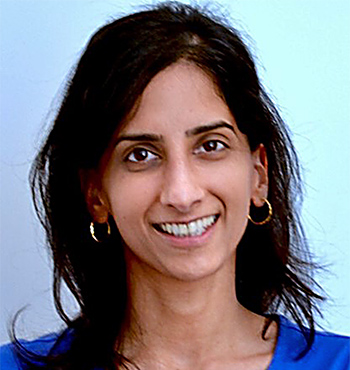Assistant Professor, Center for Regenerative Medicine (CRM), Massachusetts General Hospital
The Chetty lab is interested in understanding the mechanisms underlying neurodevelopmental and psychiatric disorders, such as autism spectrum disorder and schizophrenia. Studying these disorders and finding effective therapies has been challenging because of a lack of human models for these diseases and because there is substantial variation across subpopulations in terms of cognitive and behavioral outcomes. Our lab uses modern tools from stem cell biology to better understand brain development in subtypes of these disorders – a critical first step for ultimately identifying interventions to treat these conditions. In particular, our group has been investigating the mechanisms underlying brain overgrowth or undergrowth in these disorders using human induced pluripotent stem cell (hiPSC) technology. Changes in brain size often precede clinical symptoms, suggesting that understanding the underlying mechanisms regulating brain overgrowth or undergrowth could provide a window of opportunity for intervention or mitigation of symptoms.
Using hiPSCs from idiopathic patients as well as those with known genetic variations, we generate iPSC-derived cortical neural and oligodendroglial cells (in two-dimensional and brain organoid models) to investigate changes at the cellular, functional, and mechanistic levels using a broad range of techniques from RNA sequencing, genome editing, to functional assays in in vitro and in vivo models. The overarching goal of our research program is to identify novel therapeutic targets based on these mechanistic insights.

